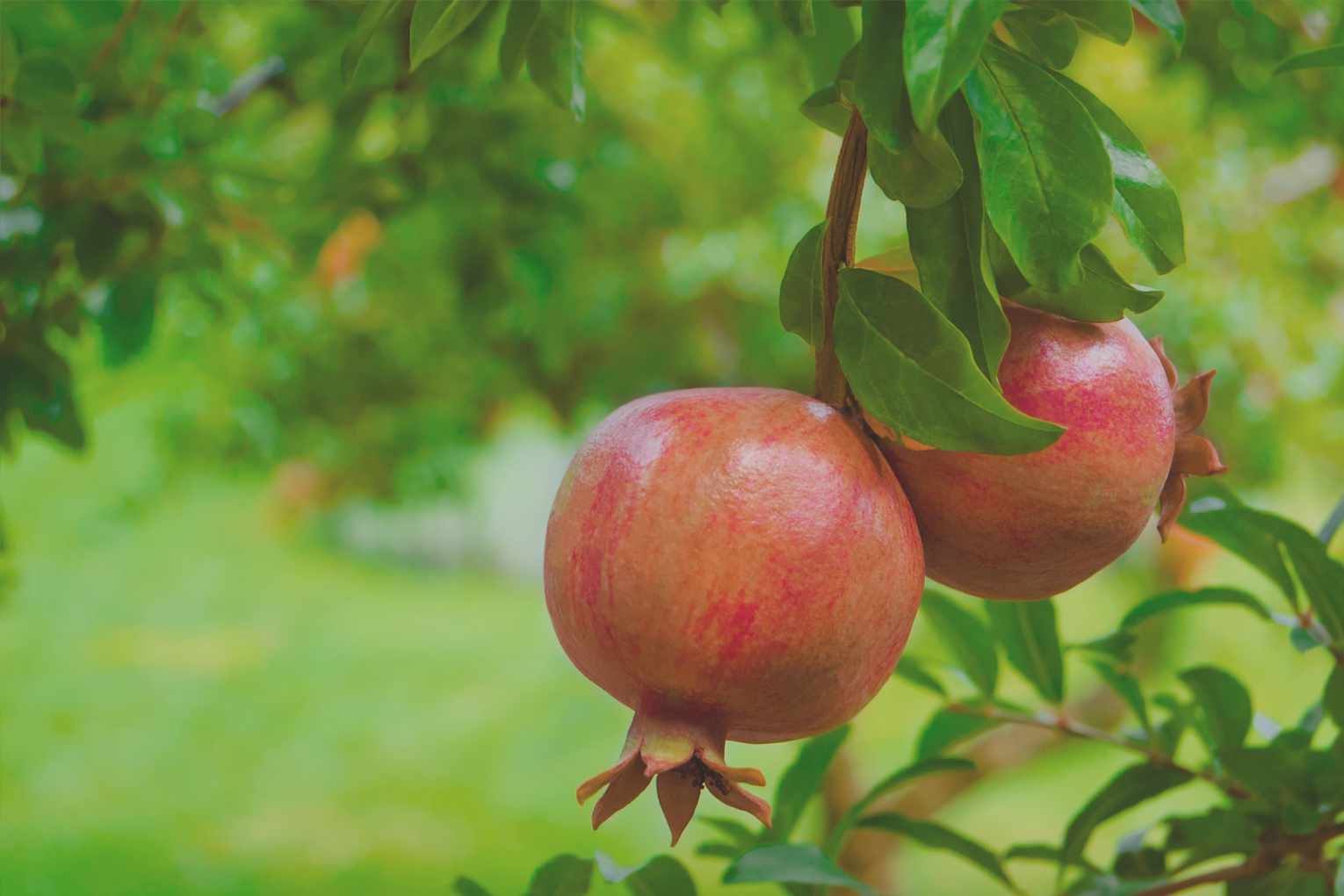
The second half of Galatians 5 is a study in contrast. We might sum up Galatians 5:16-25 by saying that within every Christian, there are two natures at work: the sinful nature and the Holy Spirit.
These two natures are, not surprisingly, opposed to one another. A life submitted to the flesh–the parts of our mind, will, and emotions that aren’t yet under the control of the Spirit–yields what Paul calls the “works of the flesh.” In explaining the works of the flesh Paul lists out 15 behaviors that you wouldn’t wish on your worst enemy. Wishing such things on your enemy (envy) is actually on the list!
The contrast to the works of the flesh, though, is what is produced in a life submitted to the Holy Spirit: The fruit of the Spirit.
The fruit of the Spirit is love, joy, peace, patience, kindness, goodness, faithfulness, gentleness, self-control. — Galatians 5:22-23
Knowing the Fruit
To better understand just what the Holy Spirit is up to in the Christian heart, let’s define the fruit of the Spirit.
Love (agape) – A divinely developed, self-sacrificial devotion to the wellbeing of others.
Joy (chara) – A divinely developed, abiding satisfaction in God that inspires faith in the midst of opposition.
Peace (eirene) – A divinely developed contentment and security even in the face of turmoil.
Patience (makrothumia) – Literally “longsuffering. A divinely developed endurance to bear with the shortcomings and provocations of others without resentment.
Kindness (chrestotes) – A divinely developed tender, caring, and generous disposition toward others.
Goodness (agathosune) – A divinely developed desire for conduct that reflects the things of God as opposed to the things of Satan and a fallen world.
Faithfulness (pistis) – A divinely developed, whole-hearted confidence in God’s sovereign will and promises.
Gentleness (prautes) – A divinely developed meekness; quiet kindness rooted in humility.
Self-control (egkrateia) – A divinely developed capacity to set and uphold limits regarding emotions, passions, and temptations, and a willingness to repent when limits have been crossed.
Growing in the Fruit
Now that we know what Paul means by “fruit of the Spirit,” let’s look at what will help us as the Spirit produces the fruit in us.
Know whose you are
In order to grow in the Spirit we must first remember what Paul states so clearly in the next verse.
And those who belong to Christ Jesus have crucified the flesh with its passions and desires. — Galatians 5:24
I believe that Paul is pointing out that for all those who have stopped trusting in their ability to earn God’s favor and, instead, have trusted in the perfect life, sacrificial death, and triumphant resurrection of Jesus, belonging means blessing. When Paul says that Christians belong to Christ Jesus, it means, at least, that the blessings that are Christ’s are the blessings bestowed on Christians right now.
Like Christ, we are the beloved of the Father. Like Christ, we are free from the death grip of Satan, sin, and hell. Like Christ, we have direct access to the Father through prayer and relationship. All of this, and much, much more, is ours now that we are in Christ. When we are firm in this identity, the fruit can grow.
Don’t go it alone
Though not explicit in the text, it is clearly implied that in order to know what the Spirit is producing in our hearts, we absolutely must be in authentic Christian community.
Why?
Simple: how are you going to know if you’re growing if there’s no one around?
In other words, how are going to be truly kind if there’s no one around to be kind to?
At Grace Church, the primary way to connect to authentic Christian community is through our Life Groups and our Care Groups. Life Groups meet in homes all over the city on any given night of the week, while Care Groups meet on Tuesday nights on the Grace campus. If you are looking for an entry point to connect to other people and to the mission of the church, these are absolutely the best places to start.
As we remind ourselves and each other whose we are and the blessings we have, as we connect to fellow brothers and sisters in genuine Christian community, I really believe we will begin to see how the Spirit is producing fruit in us. It may be gradual growth, but it will be Holy Spirit growth, and that’s enough.

